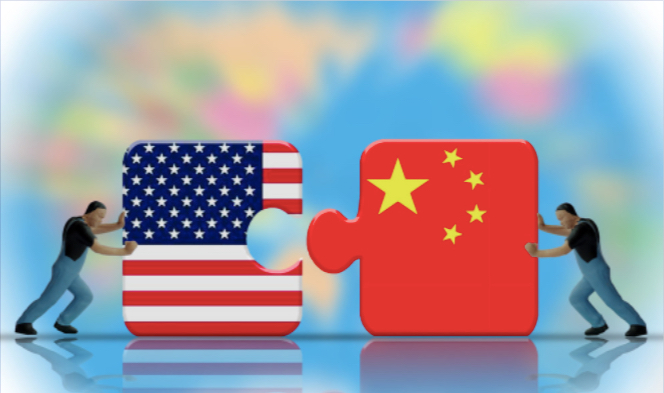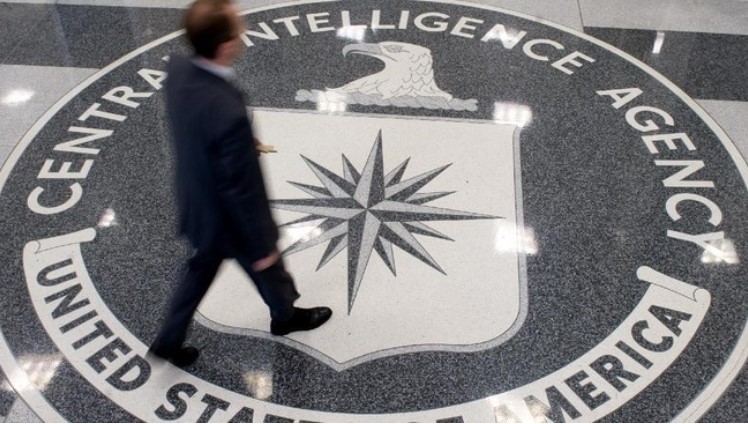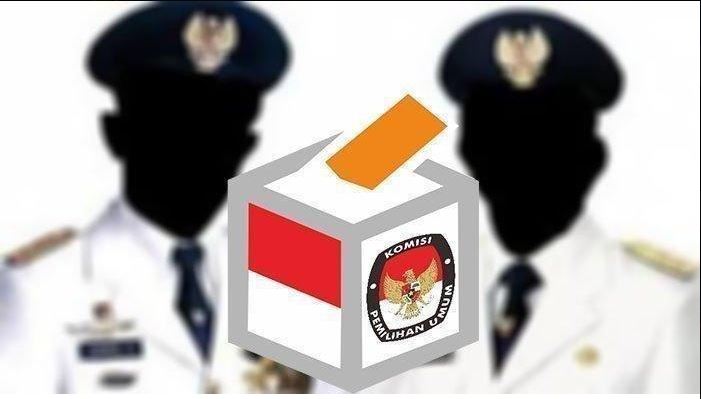
STRATEGIC ASSESSMENT-Washington. U.S. President Joe Biden leaves on a trip to South Korea and Japan to cement U.S. leadership in Asia at a time when the White House’s attention has been pulled back to Russia and Europe —and amid fears of North Korean nuclear tests overshadowing the trip.
The visits are being touted as proof that the U.S. is building on recent moves to cement its years-long pivot to Asia, where rising Chinese commercial and military power is undercutting decades of U.S. dominance. The Democrat is headed to South Korea, then Japan on Sunday to hold summits with the leaders of both countries, as well as joining a regional summit of the Quad — a grouping of Australia, India, Japan, and the U.S. — while in Tokyo.
The U.S. Secret Service confirmed that two of its employees have been “placed on administrative leave” following an “off-duty incident” amid President Joe Biden’s trip to Asia this week. Reuters reported that a member of Biden’s advance security team had been arrested in Seoul a day before Biden arrived in the South Korean capital. The report, citing local police, stated that the security team member was accused of drunkenly assaulting a South Korean citizen.
President Joe Biden hopes to use his visit to Asia to confirm his belief that long-standing friendships can afford to become even friendlier — and pay dividends. He opened the trip in South Korea on Friday and will end in Japan next week at a time when world events are resetting the foundations of the global order.
The coronavirus pandemic disrupted supply chains and exposed the fragilities of a trade system focused primarily on low prices for consumers and high profits for corporations. Then Russia’s invasion of Ukraine ushered in a return to Cold War-era intrigues.
The U.S. and other wealthy democracies — including Japan and South Korea — banded together to help Ukraine and punish Russia, but not all countries were ready to side with the alliance. China, India and others have aimed to stay cordial with Russia without crossing the sanctions. The uncertainty leaves Biden determined to show that America’s ultimate power rests with its ability to make friends and influence people rather than the raw capacity of its military and economy.
House Republicans are dismissing accusations that their leadership is harboring white nationalism amid criticism that heated political rhetoric on the right is partly to blame for the racist shooting at a Buffalo, N.Y., supermarket on Saturday.
Twinges of discontent with aggressive and extremist rhetoric have been an undercurrent in the House GOP conference since the Trump years, but even members critical of some statements by their most outspoken colleagues disagree strongly with the idea that their leadership is fueling white supremacy.
The members expressed implicit criticisms of some colleagues but argued the whole conference shouldn’t be painted by the remarks of some members.
The U.S. could launch its new Indo-Pacific Economic Framework as early as May, a key trade official said Wednesday, as Washington seeks stronger trade and supply chain ties with Japan and Southeast Asia to counter China’s economic influence in the region.
“We are hopeful that in the next month or so we should be in a position … to potentially launch” the IPEF, said Pamela Phan, deputy assistant secretary for Asia in the U.S. Commerce Department, at a two-day conference hosted by the Center for Strategic and International Studies.
The U.S. is working out the details with a range of countries in the region, including Japan, Singapore, Malaysia, New Zealand, South Korea and India. The IPEF will focus on four main pillars: trade facilitation, supply chain resilience, infrastructure and decarbonization, and taxation and anti-corruption.
The U.S. plans to enter into agreements with different sets of countries for each pillar, but those seeking trade facilitation will be expected to sign on to all four. “We’re not doing a traditional trade agreement,” U.S. Trade Representative Katherine Tai has said of the IPEF. Unlike the Comprehensive and Progressive Agreement for Trans-Pacific Partnership, the new framework will not lower tariffs or otherwise expand market access.
The Indo-Pacific Economic Framework (IPEF) will be launched in a matter of days, which marks the opening of a new chapter in the economic domination contest between the United States and China in Asia. This partnership is also a new step for the United States to expand its influence in the Asian economy after withdrawing from negotiations on the Trans-Pacific Partnership (TPP) under President Donald Trump administration. A U.S. government official said President Joe Biden would launch the IPEF during a visit to Japan and South Korea on May 20 to 24.
The two countries, which are major players in almost all business aspects in Asia, have also given the IPEF the green light. This collaboration focuses on negotiating frameworks in the fields of supply chain resilience, use and development of clean energy, decarbonization, infrastructure development, taxation, corruption handling, and investment opportunities.
Participation in IPEF is nearly guaranteed in eight countries, according to government authorities, including the United States, Japan, South Korea, Australia, New Zealand, Singapore, Malaysia, and the Philippines. Meanwhile, India and Indonesia are hesitant to participate due to unfulfilled requirements.
President Biden will embark on his first trip as chief executive to Asia this week, an opportunity to focus more on the challenge posed by China since his administration has been consumed for months by Russia’s war in Ukraine.
Biden entered office expecting to focus on China as his foremost foreign policy challenge. In speech after speech, Biden has identified China as the chief economic competitor of the U.S. and built policy and partnerships around countering Beijing’s influence in the Asia-Pacific.
But that focus has been challenged by Russia’s invasion of Ukraine, which experts say virtually guarantees the U.S. will need to devote more resources in the short and medium term to bolster European security in addition to strengthening its Asian allies while confronting China (Red/many source).







